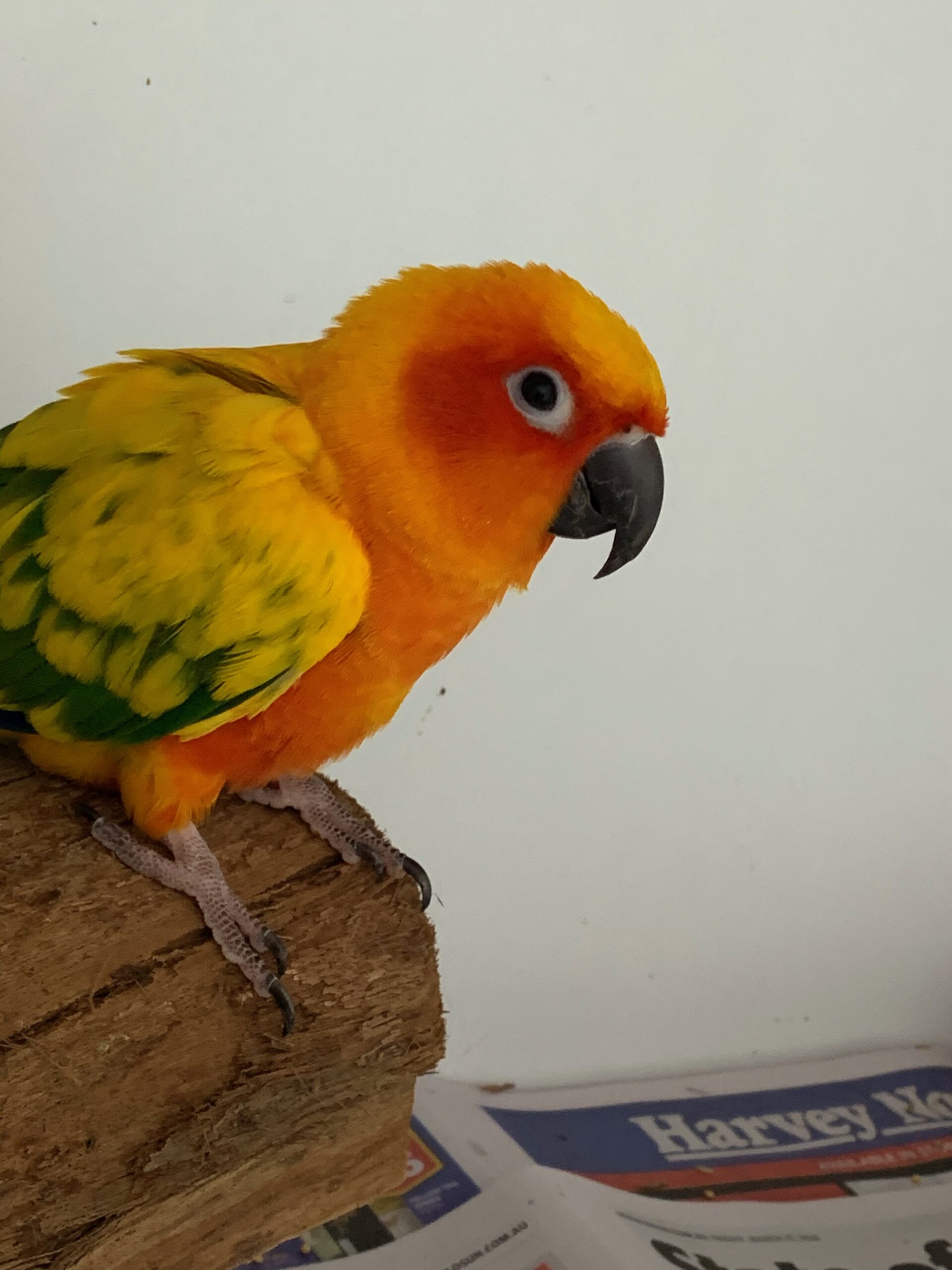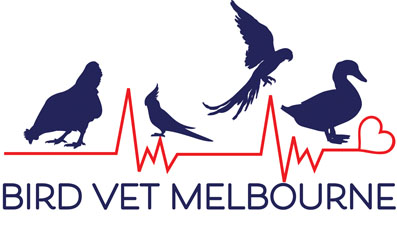Caring For Conures

Conure Quick Facts:
Life expectancy: 15-20 years
Sexual maturity: 2-4 months (Aratinga spp) / 9-18 months (Pyrrhura spp)
Adult bodyweight (small varieties): 110-130g (Aratinga spp) / 55-85g (Pyrrhura spp
Origin: Central & South America
Sexual dimorphism: No
General Conure Information:
Conures are a group of small parrots that are referred to by genera; Aratinga species or Pyrrhura species are the most commonly seen pet or aviary species. Aratinga species include the popular Sun and Jenday Conures; these tend to be louder and more brightly coloured compared to Pyrrhura species. Common Pyrrhura species include Green-Cheeked Conures, Crimson-bellied Conures, Painted Conures and Black-capped Conures. Nanday Conures, Golden Conures and Patagonian Conures are other genera seen.
Conures are very playful and inquisitive with outgoing personalities. They are very vocal birds and are known for their noisy calls and screeches, but they tend not to be good talkers. Intelligent birds that love interacting with people, conures can be taught to perform a variety of tricks, and need a variety of regularly changed toys to entertain themselves with.
Housing Conures
Conures make good aviary or pet birds – although they can be very noisy! Cages should be as large as possible, and at a minimum should allow your conure to fully open his or her wings in all three dimensions. Conures require a nest box all year round, as they like to use this as their sleeping quarters. Rectangular cages are recommended. Cages with curved sides are not comfortable for parrots. See our housing page for further details.
Cage Equipment - perches, feed dishes and toys!
Conures have very busy beaks and inquisitive nature, so need lots of toys to keep themselves entertained. Conures love to chew on things so chewable leather toys, newspaper and cardboard to rip and foraging toys are all very popular. Ensure toys are regularly rotated to promote environmental enrichment. Bird Vet Melbourne recommends that your pet conure should have at least two perches of varying diameters in the cage. Natural wood perches are preferred to prevent foot problems and also for your bird to chew on for beak maintenance. Avoid sandpaper perches. Perches should be placed at opposite ends of the cage, allowing your conure to fly between them. Ideally place the widest perch in the highest position.
Food and water dishes should be made of stainless steel, and positioned to avoid contamination with droppings (i.e. not directly under perches). Hooded dishes should be avoided as they can make feeding difficult and may prevent bathing. Place feed and water dishes at opposite ends of the cage to encourage exercise.
Please see our online pet store for suitable products.
Lighting for Conures
All parrots kept indoors should be provided with artificial full spectrum light (UV-A & UV-B) or access to sunlight outdoors to allow normal vitamin D metabolism (and breeding behaviour). If placing your caged conure outside, ensure that the cage is secure, will not fall over, and is protected from predators.
Feeding Conures
eeding a balanced diet is very important to prevent health problems in birds. Avian vets at Bird Vet Melbourne recommend feeding your pet conure a mixture of the following every day:
Good quality bird pellets should be available at all times, as these are formulated to contain low levels of fat and have a high vitamin and mineral content. Suggested brands include Harrisons, Murphy's, Zupreem and Passwells. A range of FRUITS and vegetables should always be available and must be changed daily. Dark leafy green and red/yellow vegetables e.g. spinach, silverbeet, pak choi and other Asian greens, broccoli, green beans, carrots, sweetcorn, butternut pumpkin, capsicums. See here for more information (link). Sprouting grasses and native tree flowers provide both entertainment and high nutrition levels
Mixed seeds – no more than 1-2 teaspoons per day. Seeds are low in calcium and many essential vitamins and minerals, and high in fat.
Small amounts of human foods such as pasta, oats, toast and eggs can also be fed occasionally. A cuttlefish bone or chalk perch is recommended to provide calcium. Do not feed chocolate, avocado, alcohol or coffee to your pet conure as these are toxic and can be fatal.
Fresh water should always be available. Food and water should be changed daily.
Check out our article on feeding birds for more information.
Common Conure Illnesses
- Psittacine beak and feather disease, caused by circovirus, can cause skin and feather issues and general failure to thrive.
- Worm parasites, especially round worms and capillaria. Be sure to have your birds treated or checked for these regularly.
- Polyomavirus is a viral disease that may cause acute death in young birds, poor hatchability, feather deformities and weakness.
- Heavy metal toxicity. Conures are curious birds and can become ill if the chew on metallic objects containing zinc, lead or other heavy metals
- Female reproductive disease – problems laying eggs (dystocia/egg binding) or over production of eggs is commonly seen in female conures.
- Conure bleeding syndrome This condition is not common but occasionally occurs in conures associated with low blood calcium. Affected birds may pass or vomit blood or bleed profusely from minor injuries.
- Feather destructive behaviour, often from behavioral causes associated with strong pair bonding with human owners.
- Screaming: Appropriate care, training and environmental enrichment is important to prevent this.

Thank you for this incredibly informative and well-structured overview of conures! The quick facts are so helpful for a concise understanding, and the breakdown of Aratinga and Pyrrhura species clarifies the differences among these popular birds.